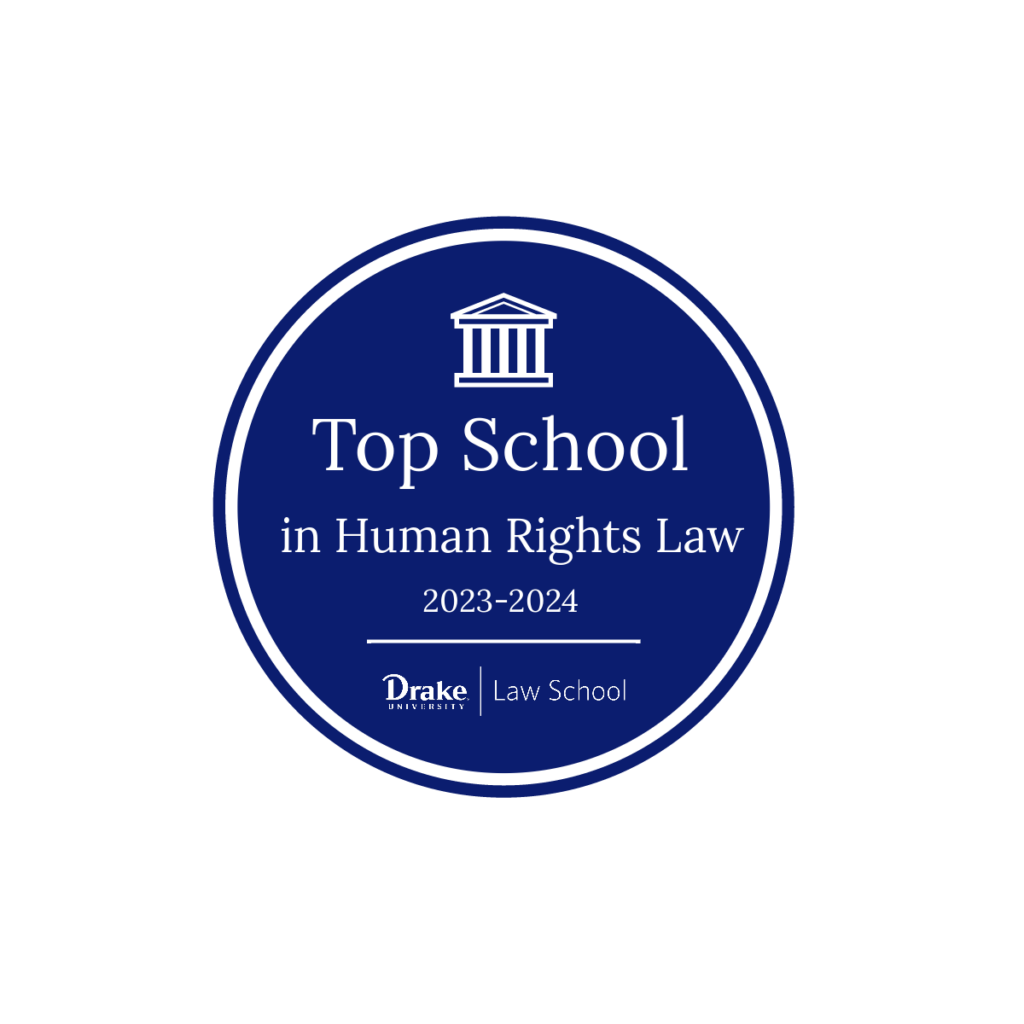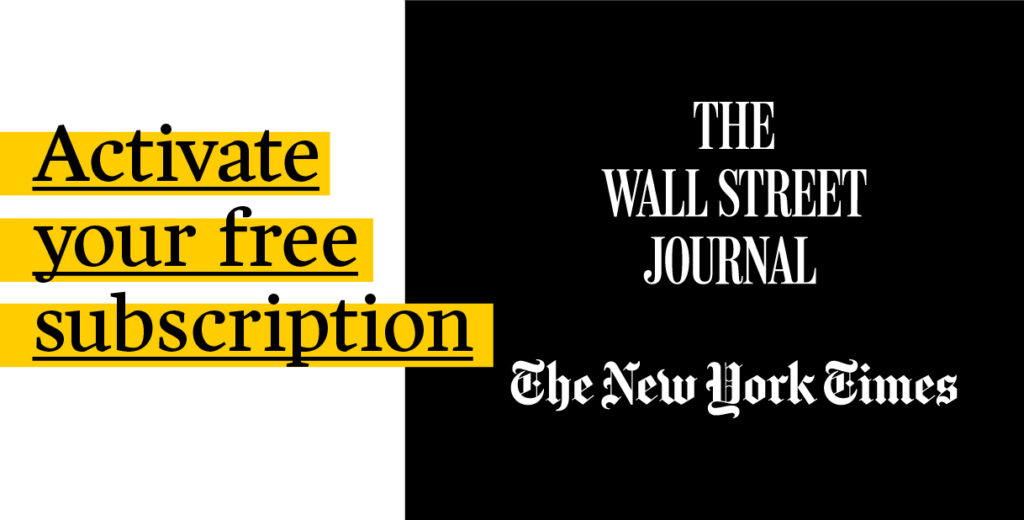Ransomware attacks can cause downtime, data loss, and compromise sensitive data. Phishing emails remain a leading cause of ransomware entry, meaning you have a key role to play in keeping Drake safe.
There are many ways to spot and report attempted phishing. Please see Junk Mail and Phishing (FAQ) for more information about suspicious and unexpected emails. To report suspected phishing, submit a Phishing Attempt Reporting ticket and follow the steps detailed in Reporting a Phishing Message (How-to).
Additionally, ITS has implemented a new way for students to report suspected phishing. Starting Wednesday, October 11, students will be able to report suspected phishing attempts directly from the email in question. Please see Report Phishing Button in Outlook (For Students Only) for more information.
To keep yourself safe from ransomware, follow these best practices:
- Think before you click. Phishing is a leading cause of ransomware attacks. If you aren’t sure about a suspicious email, link, or website, report it and don’t open it.
- Back up your files. Ransomware may look for files to edit, encrypt, or delete. Protect your files by backing them up to a secondary location.
- Keep software updated. Out-of-date software may pose an easy target for ransomware attacks. Update your software and operating system regularly.
- Only use secure networks. Use eduroam while on campus for a secure connection.
- Never pay the ransom. If you suspect you’ve fallen victim to a ransomware attack, contact ITS immediately.
Understanding how ransomware operates, its entry points, and preventative measures empowers you to take your cyber safety into your own hands.
Take the cybersecurity quiz! The first 150 people to complete the quiz will receive a coupon to use at the campus Starbucks, and all student participants will be entered into a random drawing for 1 of 10 Griff II t-shirts. Complete the quiz by October 31, 2023.
Watch for next week’s Cybersecurity Awareness Month topic in OnCampus. Learn more about cybersecurity, watch videos, and become a part of Drake’s security culture at drake.edu/its/csam.
For ITS assistance, submit a ticket at service.drake.edu/its, visit the lower level of Carnegie Hall, or call 515-271-3001.
Chris Mielke, ITS


